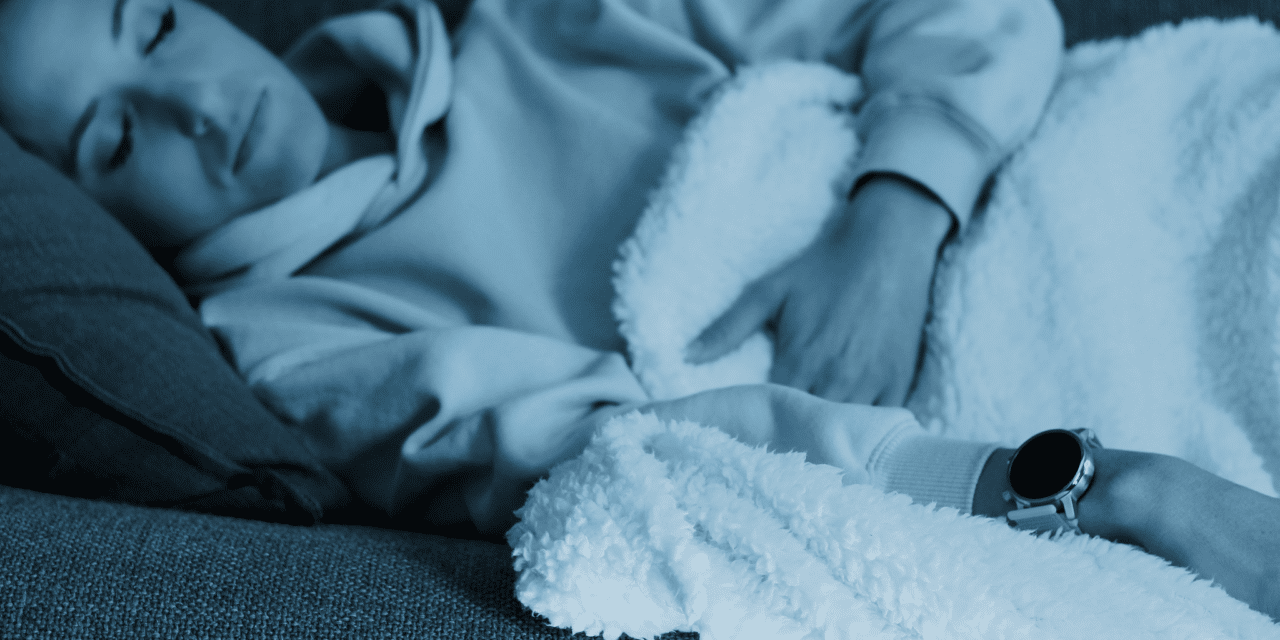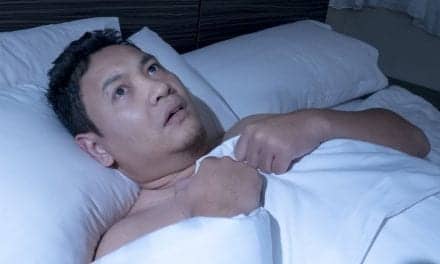LifeQ, a provider of biometrics and health information derived from wearables, unveiled a new 24-hour sleep solution for clinicians and patients designed to help uncover sleep disorders and improve sleep quality, health, and wellness.
The sleep solution harnesses the power of wearables, identifying and classifying all sleep within a 24-hour period, providing insights beyond the average doctor’s office visit, according to LifeQ co-founder and CEO Laurence Olivier in a release. The solution offers more than 40 sleep metrics.
“Providing more resources to sleep clinicians will facilitate greater patient reach and outcomes by addressing some of the challenges posed by the traditionally cumbersome and costly process of diagnosing and treating sleep disorders,” says Olivier in the release. “Twenty-four-hour sleep monitoring, which also analyzes the composition of naps and rests during the day, will expand the screening and treatment of sleep disorders and be part of the movement toward better sleep wellness.”
LifeQ will present its wearable-derived sleep solutions to the sleep clinician community at the American Academy of Sleep Medicine and Sleep Research Society’s SLEEP 2023 Annual Meeting from June 3 to 7.
The first component of LifeQ’s clinical solution is the individual’s longitudinal sleep history. The solution starts working before the person is in the clinical domain. By also considering naps and rests outside the patient’s main sleep episode, LifeQ determines the patient’s unique sleep circadian window, which can help to more accurately uncover when the body needs to sleep and when the best time is to get optimal sleep. If there are underlying sleep disorders present, LifeQ’s technology may detect patterns or changes in sleep data and suggests that the user communicate this information to the physician.
The LifeQ Sleep Specialist Dashboard can enable remote care monitoring. The Clinical Sleep view may be accessed in the LifeQ Care App, an interface to facilitate virtual treatment, visibility, and communication between patient and specialist.
LifeQ’s sleep solution tracks sleep activity in-depth to uncover areas of concern. During a sleep session, the body repeatedly cycles through light, deep, and REM sleep, as well as short periods of wakefulness, which the patient might not be aware of. Depending on the duration of the sleep session, they will move through up to five sleep cycles, each lasting about 90 minutes on average.
“These sleep stages are important because the duration and distribution of each sleep stage may reveal important information about a person’s mental and physical well-being,” says Irshaad Ebrahim, chief sleep officer at LifeQ and founder of the London Sleep Centre, in a release. “For example, individuals with depression characteristically demonstrate fragmented deep sleep and increased REM sleep. Deep and REM sleep are particularly important in consolidating memories and play a role in cognitive performance. Research suggests that deep sleep is also involved in repairing damaged tissues and restoring energy sources.”
LifeQ-connected wearable devices continuously track various measurements such as heart rate, activity, and sleep. Sleep metrics are visualized in LifeQ Health, the company’s end-user health app, along with biometrics and insights covering other physiological systems. Patients may now understand their Sleep BioAge, an indication of how old their body appears to be based on sleep-related physiological features rather than chronological years, and their Sleep BioBoost, a quality score tracking 40 variables that indicate whether yesterday’s behavior had a positive or negative impact on their BioAge.
LifeQ’s 24-hour Sleep Health solution has already been tested and used by sleep physicians, specialists, and patients worldwide, including at The London Sleep Centre and other facilities, according to a release from the company.
Photo caption: LifeQ’s new 24-hour sleep solution harnesses the power of wearables to provide longitudinal sleep health data.
Photo credit: LifeQ





